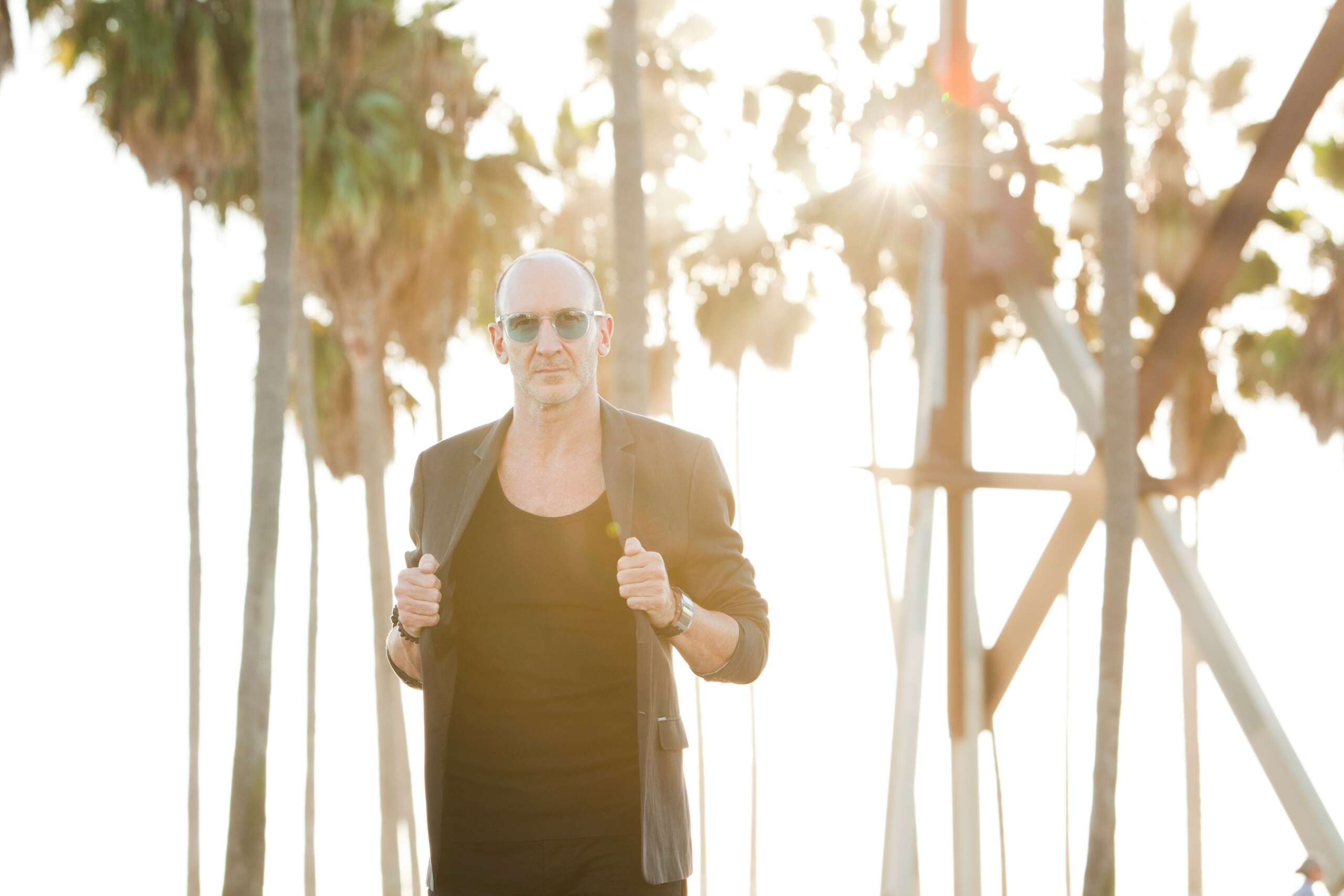We’re excited to introduce you to the always interesting and insightful Eddie Cohn. We hope you’ll enjoy our conversation with Eddie below.
Eddie , looking forward to hearing all of your stories today. How did you learn to do what you do? Knowing what you know now, what could you have done to speed up your learning process? What skills do you think were most essential? What obstacles stood in the way of learning more?
I may be simplifying this a bit, but it seems like there’s often “two types of artists” or two ways to look at creativity. There are those who are classically trained or taught in a classroom setting and those who are more improvisational and self-taught. I hear stories or read about how some artists will look at creation in an almost analytical or mathematical way and while that can be true, I often wonder if that’s distorting or turning the magical process of creation into something more mundane.
I resonate more with looking at creativity in this mysterious, improvisational, almost impulsive process where we ultimately have to get it out of our systems. It’s this indescribable, cathartic process of awakening where we try to make sense of what we feel internally.
I’m more of a self-taught artist so whether it’s DJing, singing, writing songs or writing a book, I come from the camp where the best way to learn something or improve at one’s craft is by simply doing it. Now, I’m POSITIVE that taking a writing class or maybe a music theory class would have enriched my perspective towards the craft, but I’m always more in favor of simply sitting down and doing it.
I also wonder how outside influences, whether it may be a teacher, a video, social media, a mentor, how all these forces have the potential to influence our own creative expression. I’m not suggesting these “influences” have any nefarious intent, but I respect artists who stay true to themselves and do whatever they can to ignore or diffuse the outside noise. I’m a firm believer in trusting one’s own instinct. In a world where we are bombarded with so many outside forces, I often wonder how all these external “voices” can potentially distort our own creative vision. How often do we create something for approval or how often are we led by an algorithm instead of one’s own internal voice?
At the same time, while I’m certainly a homebody and relish my quiet time, I also sometimes wish I would have collaborated more often, gone out to clubs and surrounded myself with other creatives. There’s something magical about being around creatives and soaking in that energy. I think I was probably insecure or a bit apprehensive to put myself out there and meet new people in social environments. As long as you’re in the right head space, and not feeling competitive, it can be incredibly inspiring to be surrounded by peers who are pursuing and finding success in the arts.
There’s this great interview where Ethan Hawke talks about what it was like being friends with River Phoenix during his rise to stardom. Ethan was like, “Hey, if he can do it, then why can’t I do it too.” There was no competitive nature in his telling of the story. It was more about Ethan feeling inspired from seeing his friend accomplish success in the art world.
One more point, I also think it’s incredibly valuable to have multiple projects at various stages, happening at the same time. As a writer, singer and DJ and podcaster, it creates a lot of freedom and less pressure knowing I have different mediums to choose from. Maybe one day, I’m just not having a good vocal day. In that case, maybe I’ll work on some poetry or record a podcast. Even if you’re only a songwriter, work on multiple songs at the same time. To start, just get all the ideas out. Don’t judge them. Simply get them out of your system. And don’t go back and listen to them for at least a week. I think quantity, at first, is most valuable and then spend time dwindling them down to the diamonds and focus on the quality of the work.
Lastly, be open to ANY sort of creative medium. I used to think I was ONLY a singer or songwriter, but being open to new forms of creation, has truly opened up my creative head space in profound ways. Always find time each day to create. Put down the phone for at least an hour and do whatever you can to nourish that creative energy.
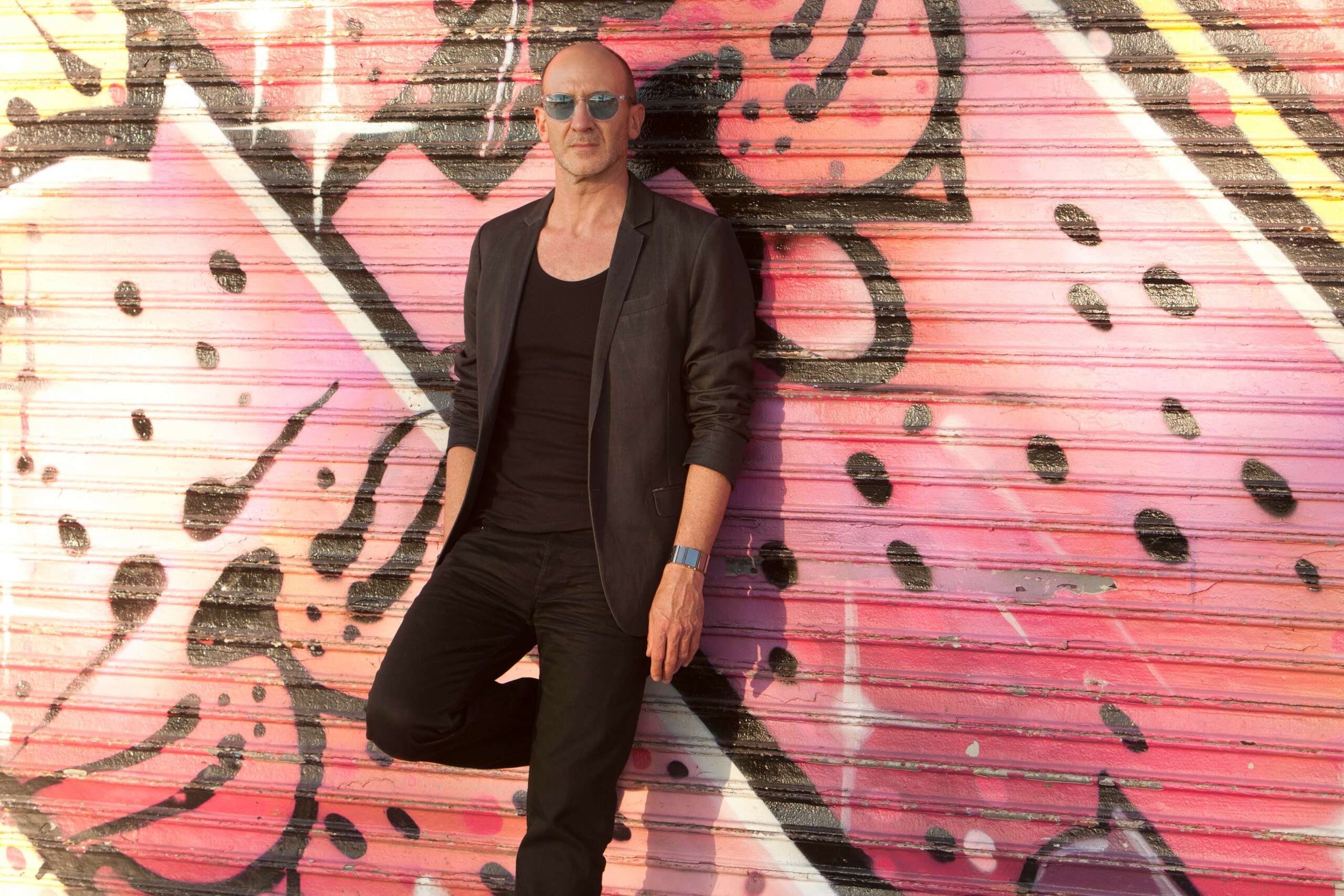
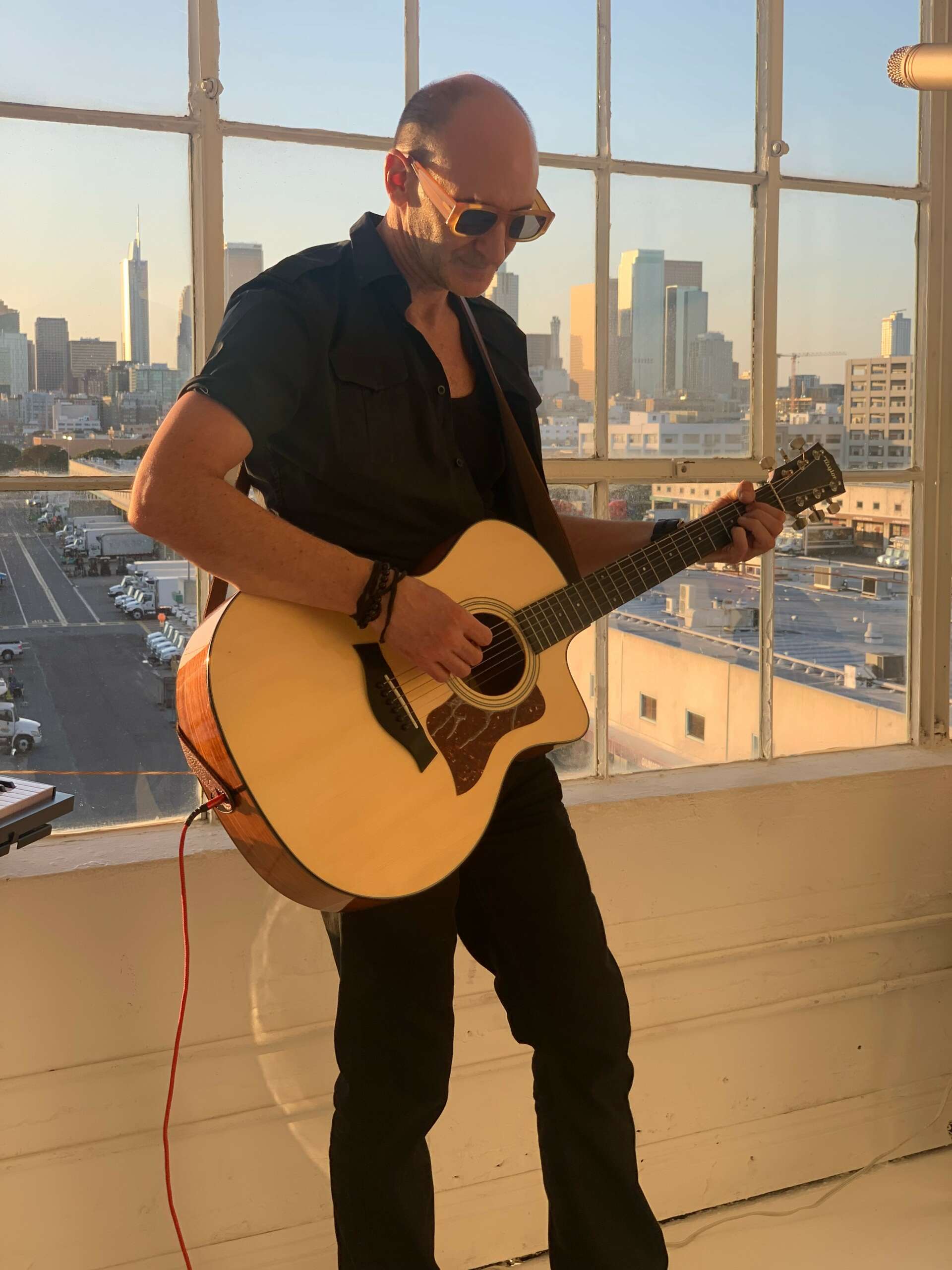
As always, we appreciate you sharing your insights and we’ve got a few more questions for you, but before we get to all of that can you take a minute to introduce yourself and give our readers some of your back background and context?
I’ve been a creator for most of my life. I taught myself to play the piano at the age of 3, then moved on to the drums at 12. I picked up the guitar when I was in college and then I started writing my own songs in my 20’s. After releasing 4 records, I started to notice the effects technology was having on the music business as well as people’s attention spans. Ultimately, I felt like relying on the music industry to not only make a living but also as my only creative outlet, was probably selling myself short. I branched out and became a DJ, I became a yoga teacher, I started a podcast, I wrote my first novel where I tackle the issues of technology and I’m NOW back to writing music and producing other artists as well.
I think two things can be true at once. The world can be filled with an overwhelmingly deep level of beauty while also being a fairly destructive place at the same time. There’s a sense of this duality especially with technology. I certainly see and utilize all the conveniences of technology especially when I record and make music, but the negative effects created from tech, is something I am very much aware of.
I think we are all so easily distracted, we’re all craving attention or validation and I’ve noticed when I’m at my best as an artist, I have somehow turned off all those outside voices that try to control how I should make art.
What happens if the art we make actually isn’t to satisfy our own needs but gets distorted by someone’s else’s desires. Creativity is an incredibly personal and sacred space, so each and every day, I put aside at least an hour or two where technology is off. No tv, no phone, no internet, no distractions because it’s from that quiet head space, where I think we all create not only our best work, but our most personal and authentic work. Whether I’m writing or recording a podcast or working with a new artist, it’s truly first and foremost about turning off all the outside noise. Turn off the world’s expectations and listen to what you want to make.
As far as accomplishments, I’m most proud that I continue to push myself to look for new ways to be creative. I love how my curiosity has never dwindled and it feels like I’m making my best work as I get older. I love how I became a yoga teacher and I’m incredibly proud I spent 4 years writing and publishing my first book. I’m deeply proud to have had so many incredibly thoughtful guests on my podcast who trusted me to ask them some pretty tough questions. I also love that I’m back to recording a bunch of new music which should come out over the next 18 months.
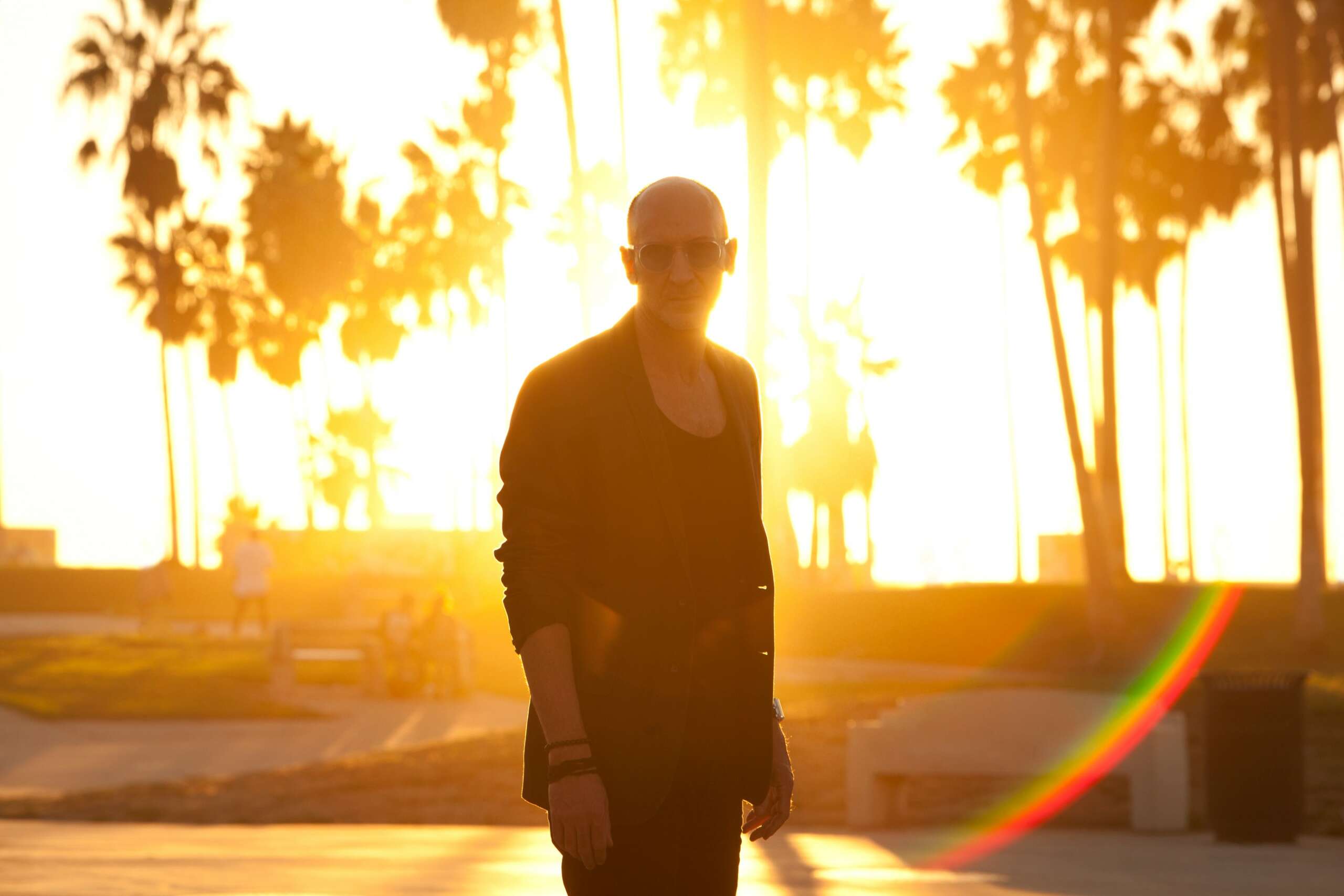
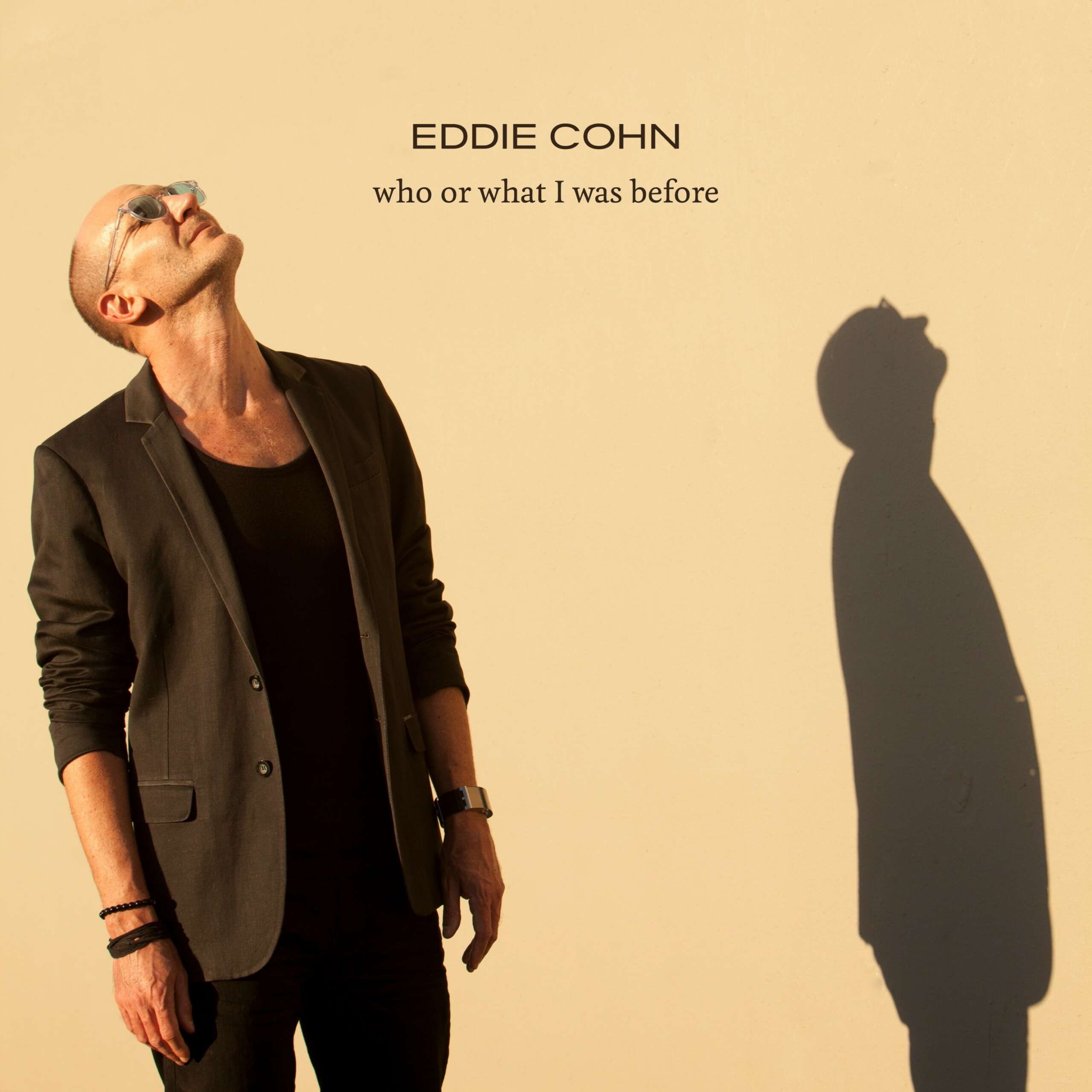

In your view, what can society to do to best support artists, creatives and a thriving creative ecosystem?
This is a big talking point for me. When we live in a world where artists are taken for granted or struggle to make a living, I believe the world as a whole is less prolific. When art suffers, the culture suffers. On the surface, It may seem wonderful to have access to so much content. For $10 a month, we have access to billions of songs or for $15 a month, we have access to hundreds of thousands of TV shows on Netflix. There are millions of podcasts, millions of videos but all of the content and all of these subscription services and the low fees we pay does create a deep level of oversaturation. There’s almost a sense where art can be taken for granted. We consume, we expect more, we expect to pay less and that process has a potentially hazardous effect on the quality of the art.
Thanks to Napster, Spotify and Netflix, I think our culture has a hard time paying for art. It’s difficult for people to understand what a song or a movie should be worth especially if it’s so easy to access for free. There HAS to be a rewiring of sorts where people are willing or want to support artists or people have to understand the value good art has on our culture.
Maybe the process doesn’t matter much anymore. Maybe consumerism is taking over our culture and there’s this need to absorb as much as possible without any consideration as to how it was made. I think it would be culturally rewarding if we became more sensitive to the process it takes to make a song, to create a movie, to open a restaurant. Ultimately, a world that is less reliant on algorithms and subscriptions services is much more fruitful and rewarding.
Can you tell us about a time you’ve had to pivot?
I had spent close to two years on my third record. I was working with a new producer and I felt like it was a fantastic collection of songs. I really felt like there was a chance this record was going to “take off”. This was right around when IG and FB were becoming more popular and I remember when I released the record, I felt this overwhelming sense of silence. It felt like no one cared. And while I certainly make music first and foremost for myself, it’s always rewarding when an audience connects with what an artist has created.
But there was nothing. It was incredibly challenging to get people to shows, to get these songs heard and I felt incredibly depressed and thought maybe it was time to drop music altogether. Now as I look back, I can fully appreciate and understand why I felt the way I did, but now, as I’m in the midst of making more music, I can see how we all ebb and flow. We all have good days and bad days as an artist.
A few months after putting out that record, a friend of mine was opening up a restaurant and he asked me what kind of music I thought made the most sense to play at the restaurant. We had a few discussions and I was ultimately hired to be a music curator for his restaurant. I curated the music for a few other restaurants which then led me to try DJing. I took a DJ class in West LA, and a few months later, I was DJing at some pretty high profile bars and clubs in LA. It was a whole new way of self-expression. In a million years, I NEVER thought I would become a DJ.
I sometimes think back about that sort of malaise I felt after putting out my third record. Sure it was a bit heartbreaking, but If it weren’t for that moment, I never would have become a DJ or a music curator. I also learned to not be so hard on myself. It’s okay if every day doesn’t feel prolific. I also learned that saying I’m one type of artist is simply selling myself short. There’s also no shame in taking a break.
Contact Info:
- Website: https://www.iameddiecohn.com/
- Instagram: https://www.instagram.com/eddiecohn/
- Facebook: https://www.facebook.com/EddieCohn/
- Youtube: https://www.youtube.com/channel/UClHqeTi_qdQC0jp7fDKbX7A
- Other: https://soundcloud.com/eddiecohnmusic https://www.amazon.com/SSAFY-Sexy-Spiritual-AF-Yoga/dp/1989528120
Image Credits
Rony Peters


